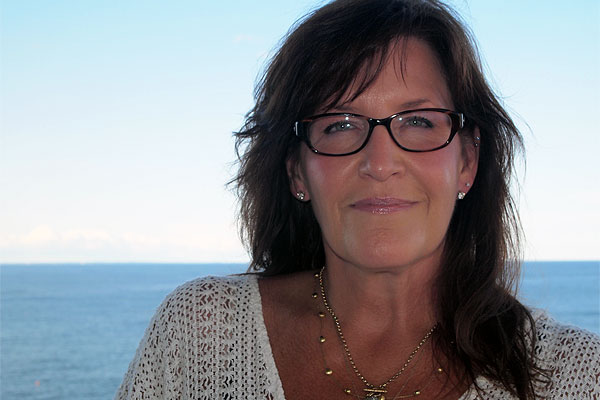
Leigh Bochicchio, executive director, ACTE.
New study identifies the challenges to consistent program quality measurement for travel buyers and provides counsel on how to improve assessment.
UTRECHT, THE NETHERLANDS – Travel buyers are always working to improve the travel experience for their organizations and employees, but a new study published by the Association of Corporate Travel Executives (ACTE) in collaboration with BCD Travel, “Quality Management in Business Travel 2.0,” finds that the metrics best suited for evaluating the success of the holistic travel experience remain misunderstood and, as a result, crucially underutilized.
Travel buyers have laid the groundwork for measuring program success, focusing on key financial metrics: Spend and savings continues to be the most popular form of measurement, with 91% of travel buyers using this data to inform their travel programs. Buyers are also consistently keeping track of booking statistics (84%).
But travel buyers want a more holistic view of their programs. They are aligned on the data they want to use to measure the success of their programs, with 52% saying measuring factors like trip success and traveler friction can help their organization better understand traveler needs, as well as improve services (47%) and policy compliance (37%).
“Unlike traditional, financial measurements, these types of metrics pose a unique challenge for travel buyers – they are inherently subjective to the traveler, and there isn’t a single, industry-wide definition for them, which is making it very tricky to measure,” said Miriam Moscovici, senior director, Research & Innovation at BCD Travel.
“This study creates a unique opportunity for the industry to come together and transform the way we measure the quality of travel programs,” said Leigh Bochicchio, executive director, ACTE. “Creating a well-framed rubric for gathering objective and subjective data will provide a more balanced view of the value and success of a corporate travel program – and the corporate travel manager.”
Barriers to change persist
Travel buyers suggest a lack of reliable data is a key obstacle to better quality measurement in business travel.
Almost two-thirds (62%) of respondents find that many important metrics are difficult to measure accurately: Available data can be fragmented (29%) and unreliable (21%). As a result, buyers are left having to draw conclusions from incomplete data sets, creating a greater margin of error when making changes to the travel program.
However, when it comes to more nebulous – albeit, possibly better – measurements like trip success, travel buyers currently rely on self-reported traveler feedback. Unfortunately, respondents find this method of data collection particularly unreliable, with 40% saying it can be misleading, and 33% saying they tend to receive a low response rate to requests for traveler feedback.
Overall, this study has found that travel managers are deeply committed to improving their travel programs, and generally agree on where they want to go – but they still need help on how to get there. The key to overcoming barriers to change, then, is collaboration and consensus-building – something this study has already advanced.
Vicky is the co-founder of TravelDailyNews Media Network where she is the Editor-in Chief. She is also responsible for the daily operation and the financial policy. She holds a Bachelor's degree in Tourism Business Administration from the Technical University of Athens and a Master in Business Administration (MBA) from the University of Wales.
She has many years of both academic and industrial experience within the travel industry. She has written/edited numerous articles in various tourism magazines.





































































































































































































